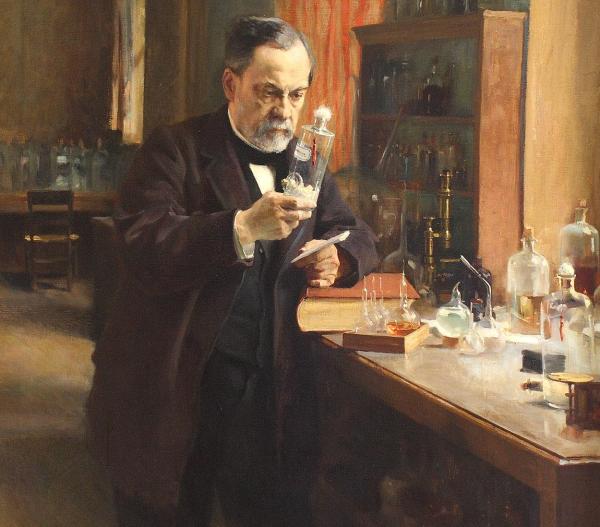(1) More nasty vaccine side effects have been reported. Last month, the British pharmaceutical firm AstraZeneca, which is working in collaboration with the University of Oxford, temporarily suspended a clinical trial for its coronavirus vaccine because one volunteer experienced a very nasty side effect. Now, five volunteers from studies being conducted on two different vaccine candidates from Moderna and Pfizer report unpleasant side effects: High fever, body aches, headaches, fatigue, and chills. Similar side effects can happen with just about any other vaccine, and the trials weren't suspended. However, this once again underscores the importance of Phase 3 clinical trials.
(2) Cyberattackers are targeting institutions involved in coronavirus vaccine research. A company that produces software for clinical trials was hit by a ransomware cyberattack in which hackers block the ability of an institution to access its own data unless they pay a ransom. (Ransomware attacks have even hit governments of cities, both big and small, such as Baltimore.) Thanks to insurance companies that sell cybersecurity policies, institutions increasingly find it easier and cheaper to simply pay the ransom. Obviously, this likely encourages more ransomware cyberattacks.
The hackers haven't been identified, but it wouldn't be surprising if they are located in Russia, China, North Korea, or Iran. Though the hackers are likely motivated by money, the fact that they are willing to target those who are fighting the coronavirus shows that they possess a reckless disregard for the health and safety of others. Indeed, a woman in need of emergency services in Germany died because a cyberattack shut down a hospital. Thus, cyberattacks should be seen not just as a national security threat but a public health threat, as well.
(3) President Trump said, "Don't be afraid of Covid," and isn't wearing a mask. Shortly after being released from the hospital, President Trump tweeted that we shouldn't be afraid of the coronavirus. This is an odd thing to say, considering that more than 200,000 Americans have died from it. When the year is over, coronavirus will be the #3 cause of death for 2020. While it's true that young people shouldn't be scared of the virus, older people and those who are immunocompromised should be. The estimated case-fatality rate for those aged 65 and over is 5.6%. That's a legitimately scary number.
President Trump is also behaving irresponsibly by not wearing a mask. Masks are less about protecting the wearer and more about protecting others. Because the President has the coronavirus, he absolutely must a wear a mask to prevent others from getting sick. It's jaw-dropping that he isn't.
(4) The CDC keeps waffling on whether the coronavirus is airborne or not. This is really embarrassing. The world's premier public health institution can't decide if the coronavirus is airborne. Part of the problem is that it's difficult to tell if the virus only spreads in droplets that travel six feet or less or can float far away in the air. It's a tough question to answer, but the CDC ought to give one guideline and stick to it rather than waffling. That is doing nothing but harming their credibility in the eyes of the public.




